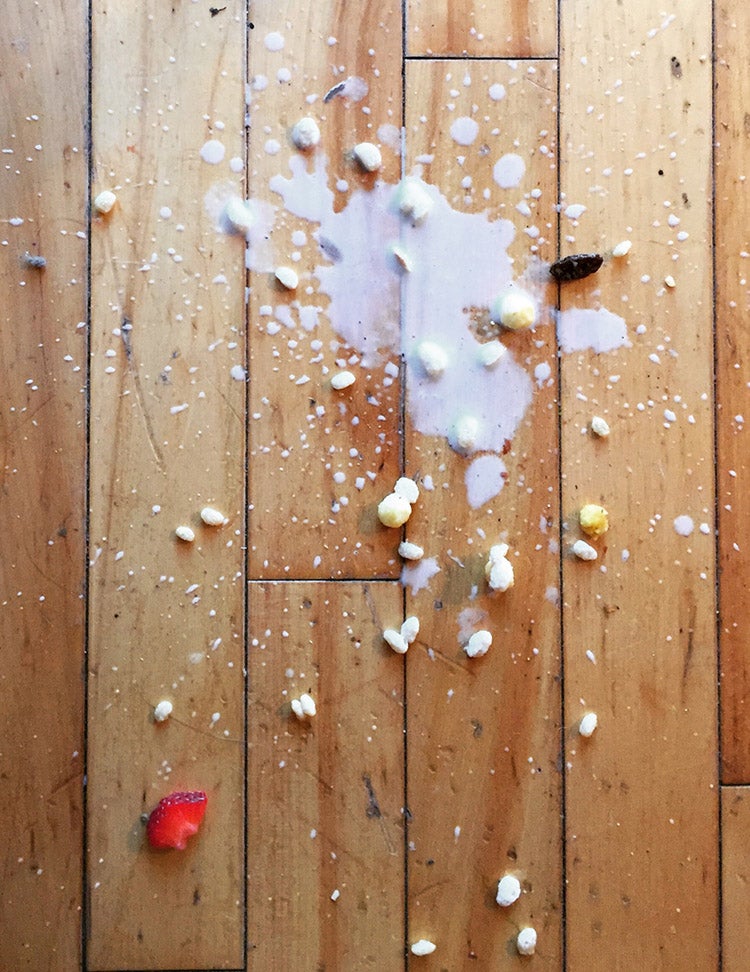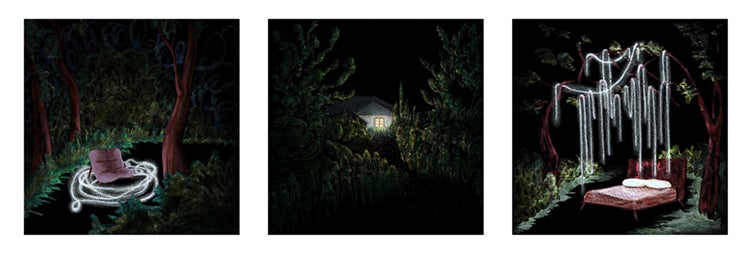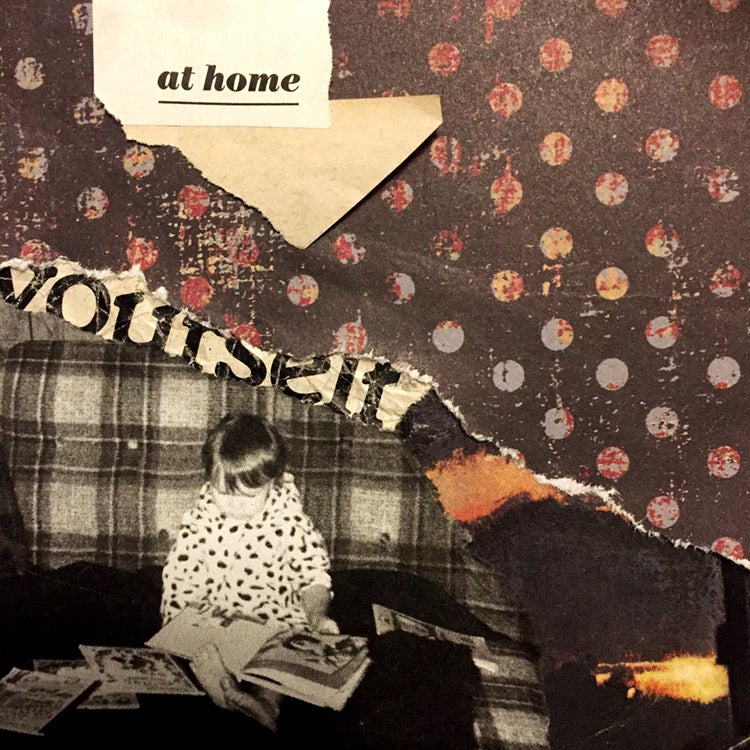Students at U of T Mississauga gallery publish collection exploring time and place during COVID-19

Published: August 26, 2020
Work-study students at the University of Toronto Mississauga’s Blackwood Gallery have created a digital publication called Time Out that explores our relationship with time since the COVID-19 pandemic first struck.
The students typically work as gallery attendants, supporting the centre’s offsite programming and conducting outreach and research for upcoming Blackwood programs. But with the physical gallery closed, their work went digital over the summer.
With support from Blackwood staff, the work-study participants – James Legaspi, Jessica Velasco, Kaitlin Simpson, Nancy Hamdy and Camilla Peng – sought to collect the perspective of fellow students during a strange time. They put out a call for art and writing that reflects upon the current moment and received submissions from across Canada. Time Out features 13 contributors working in media and methods that range from painting and mechanical installation to reportage.

Karina Garcia Casanova, Under the High Chair - April 6, 2020 - Breakfast, digital photography, 2020
“We wanted to engage with how unsatisfactory the ending of the spring semester was,” says Legaspi, who is entering his fifth year in the U of T Mississauga art and art history program and served as one of two curatorial research assistants on the work-study team.
“Things like studio spaces, final critique sessions, gallery spaces and scheduled exhibitions, as well as exhibition opportunities themselves and networking opportunities – access to these were all cut or postponed indefinitely, so we wanted to make a space for emerging voices and to amplify these student voices. We wanted to provide an opportunity for peers to see how peers are thinking.”

Emily Roe, Electrical Gardens, mixed media triptych, 20 cm x 20 cm each, 2020 (image supplied)
In a photo series, for instance, Concordia University student Karina Garcia Casanova documents the mess left beneath her 18-month-old’s high chair after each meal – the purple splats and saucey smears like abstract expressionism paintings.
“When COVID-19 hit and daycares closed for nearly four months, I struggled with finding ways to work on my artistic projects while taking care of my two young children,” Casanova writes, adding that she cleans the floor three times a day – a regular gesture of care that goes mostly unnoticed. The photographs, she says, make that work visible.
Another project, a digital painting by Toronto artist Troy A. Lawrence, depicts time spent in quarantine and the awesome power of imagination. There is also a list, drafted in the early days of lockdown, counting the activities that its author, Sabryna R. Ekstein, missed: “Having a reason to wear jeans, reading at bars, museum visits, baseball, making out.”

Katy Poirier, At home, yourself, collaged paper on MDF board, 10 cm x 10 cm, 2020 (image supplied)
The topics broached are numerous: health care, the environment, racism, gentrification, family, identity, capitalism and colonialism. And though accounts may seem isolated and disparate, Time Out illuminates the joints and corners, exposing the larger systems at work. It elegantly maps these many connections.
Simpson, a master’s student in U of T’s Faculty of Information and one of the work-study group’s new media assistants, says that’s precisely what she learned focusing so closely on this peculiar suspended period, with all its good and bad.
“Everyone is going through something different right now and that’s OK,” Simpson says. “We still have connection and we have community.”


